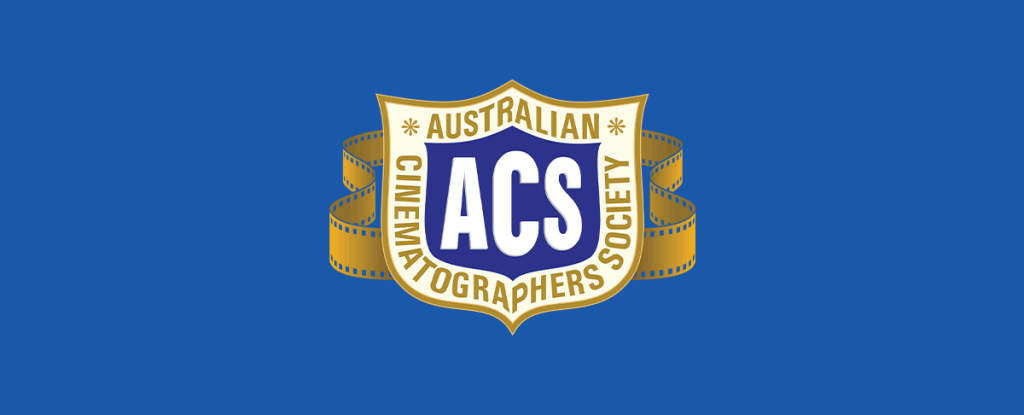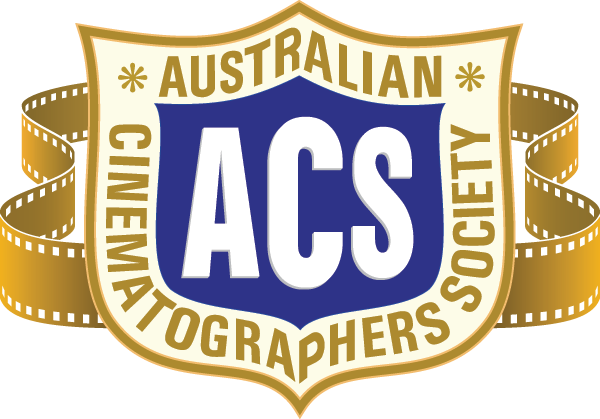ARRI Supports International Film Academies Conference


The annual conference of the International Association of Film and Television Schools (CILECT) was held at Munich’s University of Television and Film (HFF) this year. From November 17-19, representatives from the world’s top training institutes were guests in Munich. ARRI Group supported the conference with presentations, keynote speeches and an exhibition of its latest products.
CILECT members include 160 film academies from 60 countries, across all continents. Every year, a different member hosts the annual conference and in 2015 it was the turn of the HFF. Around 200 guests attended the three-day event, which this year had a special focus on working with actors.
Prof. Franz Kraus, ARRI Group Managing Director, gave an address on the future of cinema, saying, “In terms of technical developments, ARRI is always guided by the advantage for the viewer.” He explained that higher spatial resolution in the image will have hardly any effect on a viewer’s cinema experience, whereas improvements in brightness and contrast are far more likely to bring noticeable benefits. Kraus additionally called for further debate on the use of higher frame rates, as these are essential for higher resolution and detail in moving images. Artefacts formed through data compression in digital cinema pipelines should also be considered.
During another event, ARRI Senior Engineer Michael Koppetz and Prof. Peter C. Slansky of the HFF presented the concept and prototype of a new educational camera. For some time CILECT members have discussed the difficulty of replacing film cameras with digital cameras as the basic educational tool for students, because the complexity of modern digital cameras distracts from fundamentals such as image composition and exposure.
Since ARRI has always encouraged and supported the training of new young talents, the company got behind a survey initiative by Prof. Slansky in order to take note of the wishes expressed by CILECT members. The results have been implemented into a specially adapted AMIRA camera, which will now serve as a basis for discussion; it features simplified functionality and a Super 16 sensor mode to allow the use of 16 mm lenses commonly found in film schools. Participants had the opportunity to test this camera at the event; they were also shown ways of adapting the user interface to specific learning situations. ARRI is gathering more feedback before deciding whether to offer such a camera.
Guests had the opportunity to become acquainted with ARRI’s current product range in the lobby of the HFF. On display were the ALEXA Mini and AMIRA cameras, the M-Series M8 daylight lamphead and the new SkyPanel, which is a compact and ultra-bright LED soft light. Participants could also view the ALEXA 65’s unrivalled picture quality on a monitor.
One of the highlights was the ‘Yellow Pepper Magic Show’ by Julius Muschaweck, Principal Optical Scientist at ARRI, which illustrated the extent to which badly balanced LED fixtures can distort natural colour. If certain colour percentages are too weak in an LED fixture, a yellow pepper (for instance) can appear orange; however, if all colours of the spectrum are evenly balanced, objects will look natural and vivid. This was demonstrated using two differently-adjusted ARRI L5-C fixtures – tunable LED Fresnels that are ideal for studios, mobile applications and live situations.

